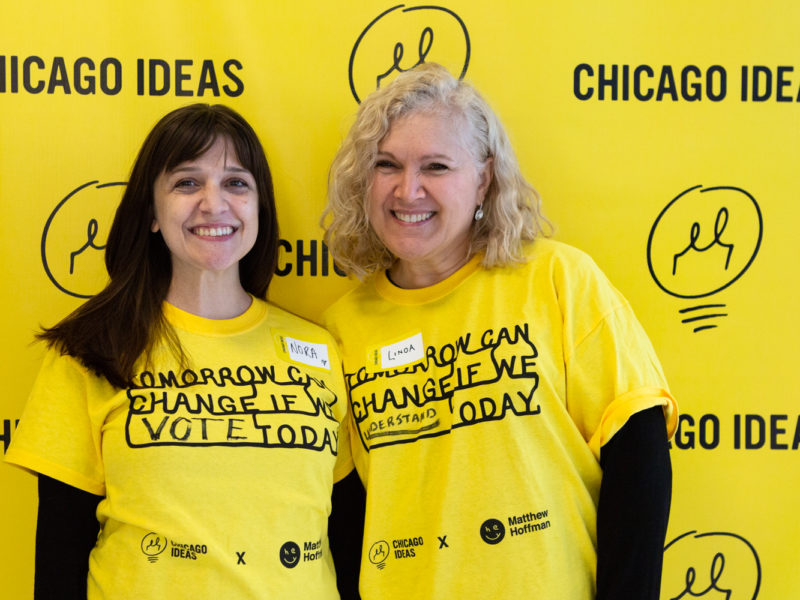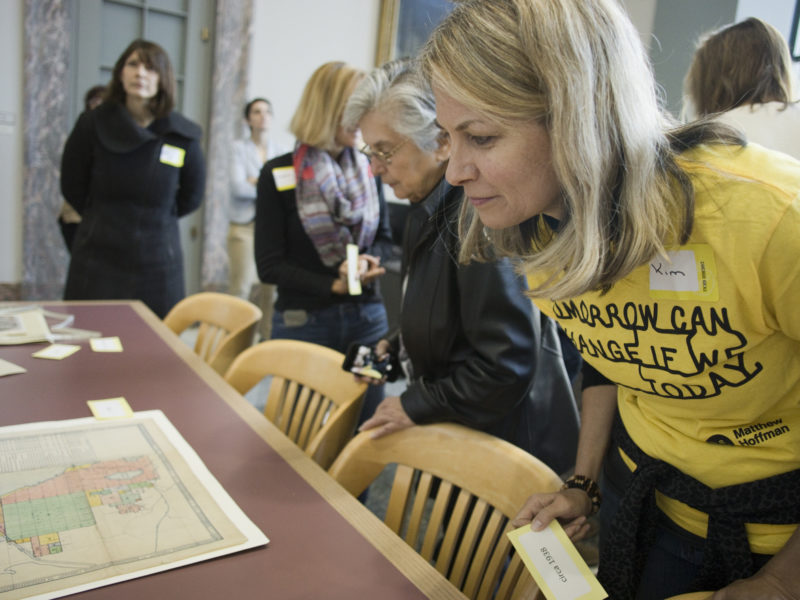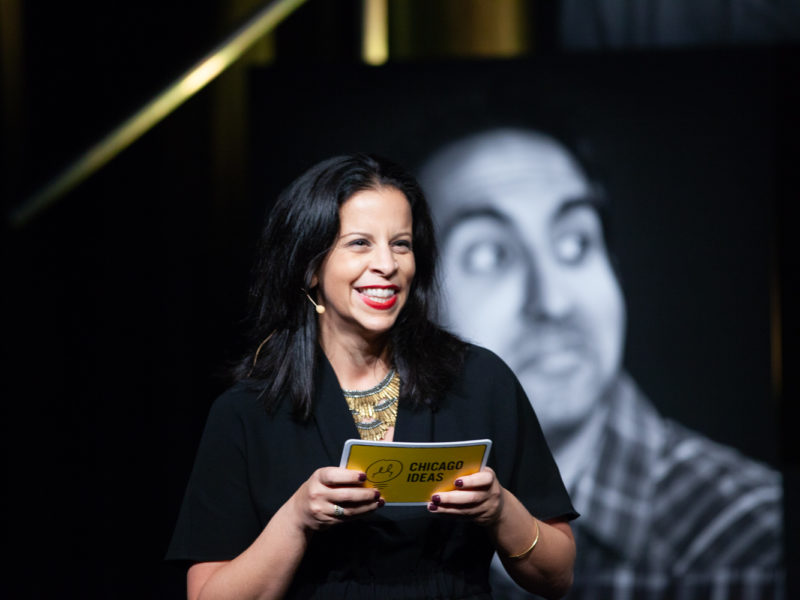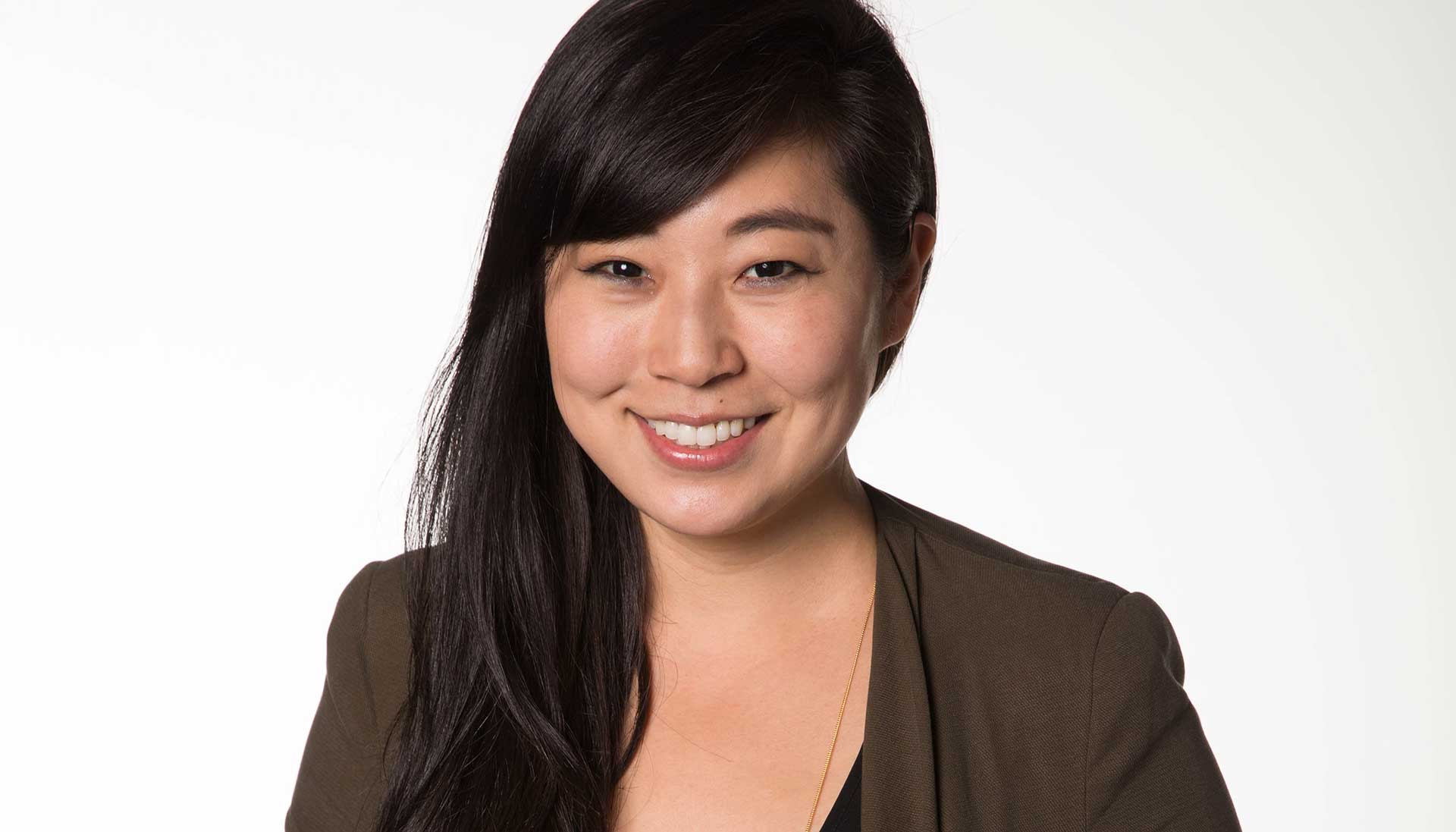
Backstage Pass: Future Global Leader Hannah Song Works Toward Liberty in North Korea
CIW Future Global Leader Hannah Song had a nine-to-five job and “the rest of my life planned out” when she first started volunteering with Liberty in North Korea (LiNK). Song, whose grandmother had left North Korea decades before, had previously known very little about North Korea—“my family doesn’t talk about it”—but quickly became committed to raising awareness and helping improve the political and social climate faced by North Koreans. After working and volunteering for several years with LiNK, Song took over as CEO and president of LiNK in 2008, where she’s since taken a “long-term approach” to the issues facing North Korean citizens and refugees today.
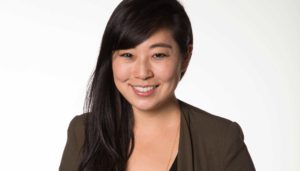
LiNK CEO & President Hannah Song is leading efforts that aim to transform North Korea from the “inside out.”
Has your family started talking more about North Korea since you’ve become CEO and president of LiNK?
No. I only found out recently that when [my grandmother] left North Korea she didn’t know she was never going to be able to go back. She actually left behind a husband and two children.
In South Korea, you have about 27,000 North Korean refugees that live there today. They have not been necessarily warmly welcomed into society. My parents’ generation, they grew up with…a negative perception of North Korea. My grandparents’ generation is the last generation that will ever remember a unified North Korea. It’s such a painful history. It’s more often that you don’t see that generation talking about it and just moving past it.
What is the vision, the goal of your organization?
Our name is our vision: Liberty in North Korea. For us, though, we believe that it’s the North Korean people who will be the ones to achieve that liberty. Our role is really just to come alongside them and to empower the North Korean people with tools and resources.
In order to do that, we have a multi-pronged approach. The first for us is that one of the major barriers to this issue is a perception issue—it’s how the world views North Korea. That’s a real challenge because most people view North Korea either from a purely political perspective or from the perspective that it’s an impossible issue to get involved in. We try to change that perception so that we can bring more support, more resources to the North Korean people.
What are some of the resources you provide to North Koreans?
We actually provide assistance to North Korean refugees that have left the country. We help to provide a way out for them, to get them safely out of China where they’re hiding and into countries like the U.S. and South Korea that will welcome them and will help them to start new lives. These refugees are playing really important roles in helping to change North Korean society from the bottom up inside. They’re keeping in touch with their family members inside and sending money and information in, and it’s really transforming North Korean society from the bottom up.
Most people don’t realize, but there have been really important changes that have happened in North Korea over the last 15 to 20 years. It seems so simple, but it’s the most straightforward: Let’s look at where change is already happening and be a part in accelerating that change.
What are these changes and transformations in North Korean society?
A lot of those changes have to do with social information and economic changes. Twenty years ago, there was a huge famine in North Korea. What resulted out of that was a survival mechanism—this grassroots marketization happened. Those markets have become a part of everyday life for North Korean people today. In a lot of ways, it’s helped to create more independence for people apart from the regime. They’re able to get food and goods and even information from these markets that they weren’t able to get before.
How can individuals get involved with LiNK?
We have an incredible global movement of support all over the world. We have what we call rescue teams—about 500 of them globally, most of them here in North America. They are a group of people who are committed to raising the funds to rescue one North Korean refugee and also to change perceptions in their local communities. That’s one way that people can get involved.
We encourage people to host events in their local communities as well. We believe a lot in the grass roots, and we work a lot with young people. I think there’s a huge opportunity for us to be working with young people to really prepare the next generation.
Why is it important for you to share your work with audiences like those at CIW?
I always appreciate the opportunity to share the story of what’s happening in North Korea with new audiences. [At CIW Future Global Leaders] I was just so inspired by so many people and what they’re doing. So many young people are doing incredible things that seem so unimaginable, and it inspires me and it gives me a lot of ideas to go back and work even harder. From a personal level, I really appreciate that, and I leave inspired.
For the issue, it’s awesome to have a platform to speak to people who are already here because they’re a community that’s curious. They want to learn about what’s happening in the world around them, and they want to be a part of changing the world that they live in.
Q&As are edited for clarity and length.


